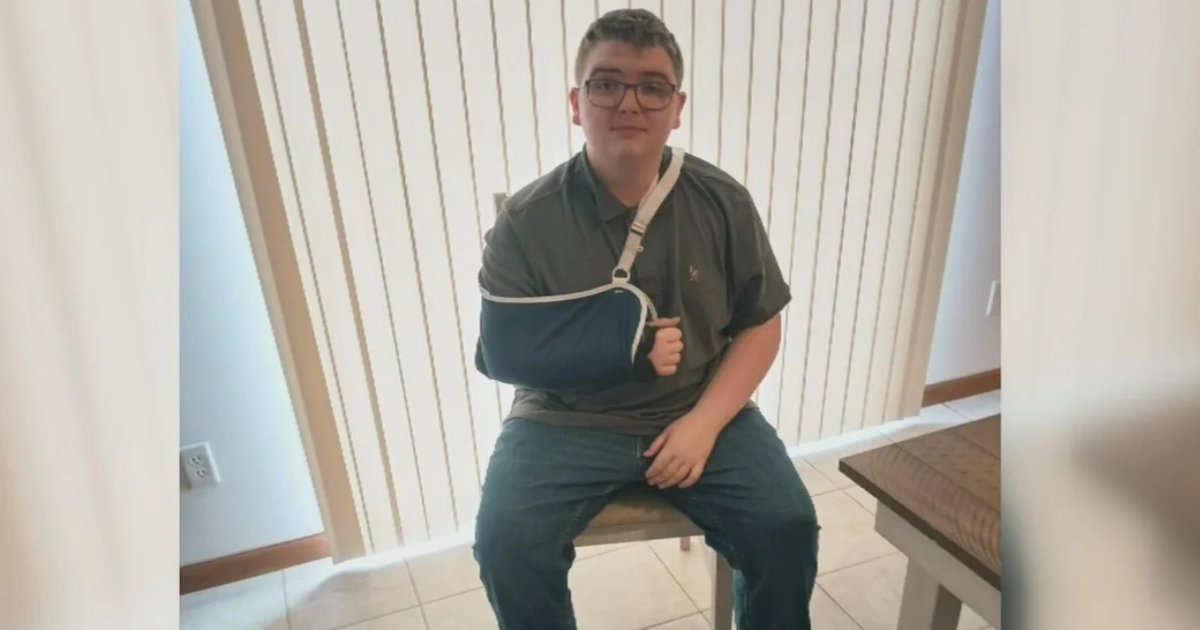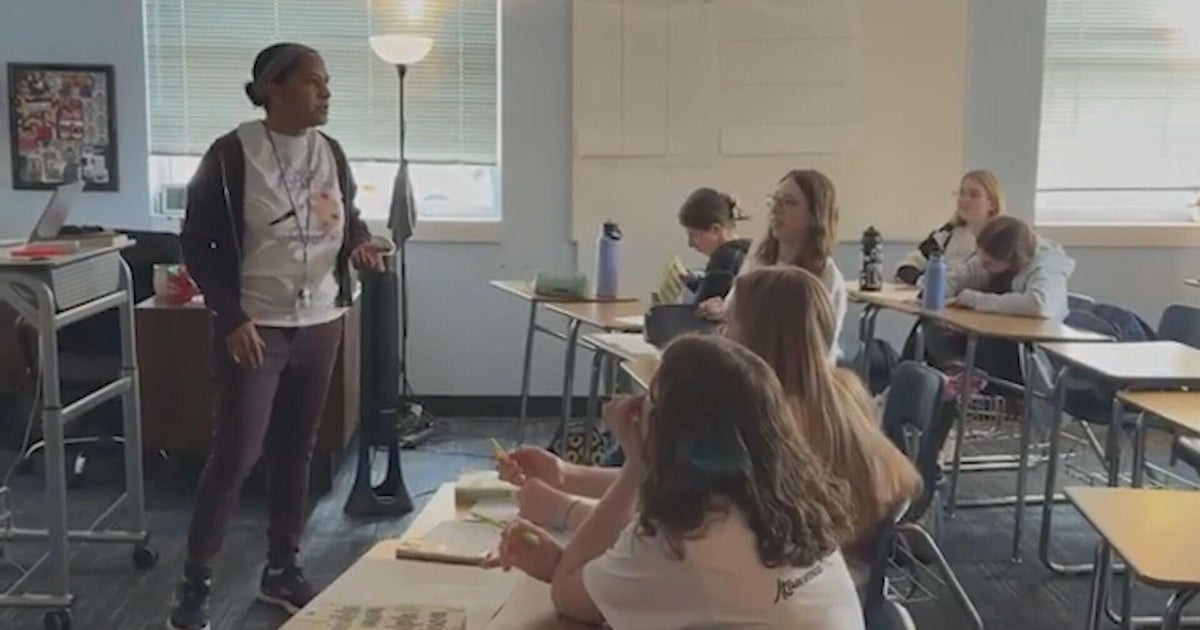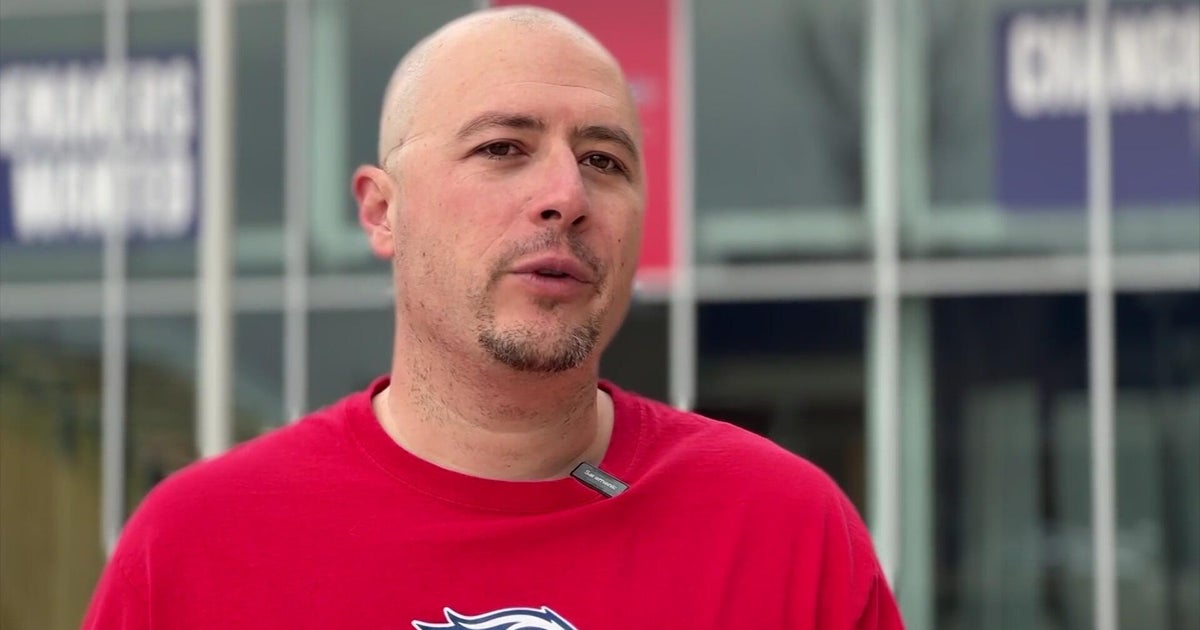Study: Adolescents 183 Percent More Likely To Be Violent If Friend Committed Same Act
COLUMBUS, Ohio (CBS) -- A new study finds that violence spreads like a contagious disease among U.S. adolescents.
Researchers at Ohio State University found that young people were 183 percent more likely to carry out some form of violence if one of their friends committed the same act.
"The study shows just how contagious violence can be," Robert Bond, the study's lead author and an assistant professor of communication at the university, said in a statement. "Acts of violence can ricochet through a community, traveling through networks of friends."
Starbucks To Offer Free Drinks For 10 Days At Certain Stores
Results shows that the violence contagion extends by up to four degrees of separation – from one person to a friend, to the friend's friend and two more friends.
The study revealed that adolescents were 48 percent more likely to have been in a fight, 140 percent more likely to have pulled a weapon on someone, and 183 percent more likely to have injured someone seriously if their friend did the same thing.
"We now have evidence that shows how important social relationships are to spreading violent behavior, just like they are for spreading many other kinds of attitudes and behaviors," Brad Bushman, professor of communication and psychology at the university, said in a statement.
Researchers asked the study participants to name up to five male and five female friends and then were asked if they had been in a fight, how often they injured someone that needed medical attention, and how often they had pulled a weapon in the past 12 months.
Pennsylvania Man, 89, Heads Out To Store, Ends Up In Alabama
Researchers then analyzed if the adolescents' friends and their friends committed the same acts of violence.
Bond said that the results were not surprising and referred to it as a "clustering effect" where people of similar interests, including violence, cluster together as friends.
Researchers analyzed data of 5,913 young people who participated in the National Longitudinal Study of Adolescent Health (ADD Health) and who were interviewed in 1994-95 and again in 1996. The ADD Health researchers interviewed students from grades seventh through 12th from 142 schools across the country.
Bond said the study shows the value of anti-violence programs.
"If we can stop violence in one person, that spreads to their social network. We're actually preventing violence not only in that person, but potentially for all the people they come in contact with," Bond said.
The study was published in the American Journal of Public Health.







